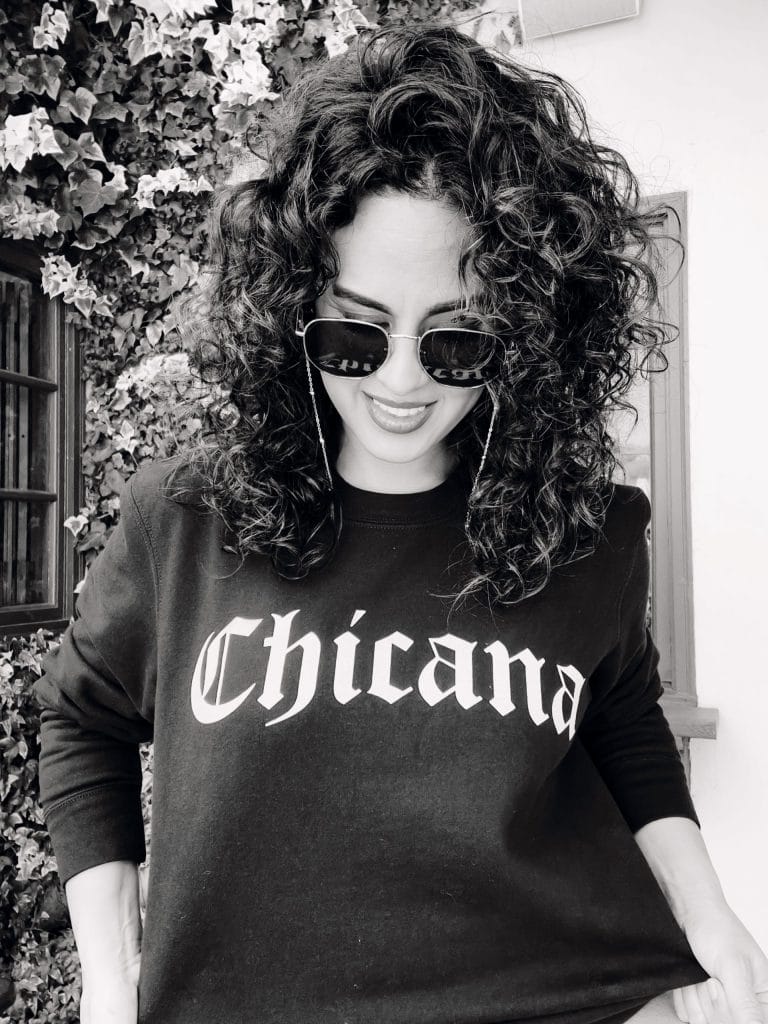
Embracing My Chicana Identity
Celebrating My Chicana Heritage: Identity, Culture, and Pride
Growing up in New Mexico as a 12th-generation Chicana shaped who I am today and deepened my connection to my heritage. As we celebrate Latiné Heritage Month, I reflect on the experiences that have defined my identity and my commitment to honoring my Chicana roots.
My Early Years: Navigating Language and Identity
My story begins with my young parents, who didn’t speak Spanish like many in their generation. This wasn’t a choice—they grew up in a time when speaking Spanish at school often led to discrimination. Language, which should have been a bridge to our heritage, became one of my first challenges in defining my cultural identity.
Growing up, the labels used to describe my heritage added another layer of complexity. Some called us “Spanish,” others “Chicanos,” and still others referred to us as “Mexican.” These varying labels often left me confused about my own identity. Was I Spanish, Chicana, or Mexican? This question stayed with me throughout my formative years, but over time, I found pride in my Chicana heritage.
Embracing My Chicana Roots
Despite the language barrier and the terminology confusion, one thing was always clear: I was proud to be Chicana. My connection to my culture wasn’t defined by fluency in Spanish but by the values, traditions, and deep-rooted sense of identity that came with being Chicana. I grew up with a strong work ethic and a determination to pursue higher education, which were my family’s values.
Moving to Colorado: Confronting New Challenges
When my family moved to Colorado, I faced new challenges. I soon realized my story was not unique—many other Chicanos struggled with the same questions of identity. For the first time, I experienced discrimination. Unlike in New Mexico, where Chicanos weren’t seen as minorities, in Colorado, I became part of a marginalized group. The racism and lack of diversity I encountered in the small mountain community where I grew up made me feel like I had to hide my culture to fit in.
Discovering “Latina” in California
In the early 2000s, life brought me to California, where I learned a new term that resonated with me: Latina. While at the Center for the Study of Latino Health and Culture (CESLAC) at UCLA, I began to understand the power and importance of this term. We worked to advocate for immigrant students to pursue advanced medical degrees, serve Spanish-speaking communities, and provide culturally informed care to Latino populations.
“Chicano and Proud”: A Defining Identity
A quote from Cheech Marin, a renowned advocate for Chicano culture, resonates with me: “We’re not ‘Spanish.’ We’re not ‘Mexican.’ We’re Chicanos and proud of it!” Marin’s words capture the essence of our unique identity—a blend of history, culture, and resilience. Being Chicana is about more than just labels; it’s about embracing a heritage rich in tradition and strength.
Celebrating Latiné Heritage Month
Latiné Heritage Month is a time to celebrate my Chicana and Latina identities proudly. It’s an opportunity to share my story, educate others, and highlight the richness of Latiné cultures that have shaped the United States. My journey, from growing up in New Mexico to experiencing life in Colorado and California, has been one of self-discovery, pride, and determination. I’ve learned that my identity isn’t confined to a single label but is defined by my deep love for my culture and my commitment to preserving it for future generations.
Encouraging Others to Embrace Their Roots
As we celebrate Latiné Heritage Month, I encourage everyone to explore their heritage, embrace their roots, and share their unique stories. Through these stories, we can better appreciate the richness and diversity of our shared history and work towards a future where all voices are heard and celebrated.
Finally, I was honored to interview my brother, Jerome Chavez, who holds a master’s degree in Chicana/Chicano Studies from the University of New Mexico. We discussed our family heritage and what it was like growing up as Chicano/as. I invite you to listen to our conversation and learn more about our shared journey.






